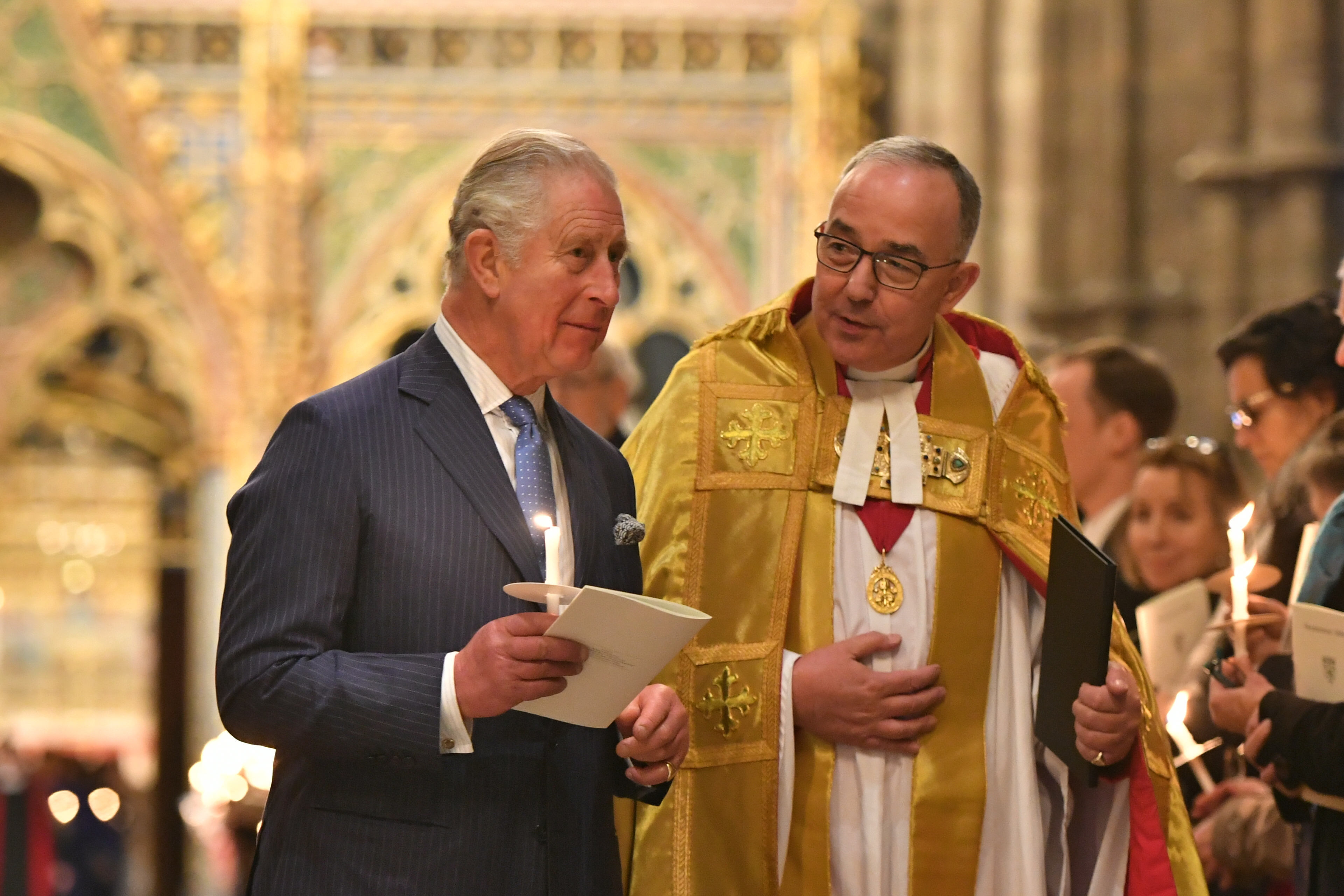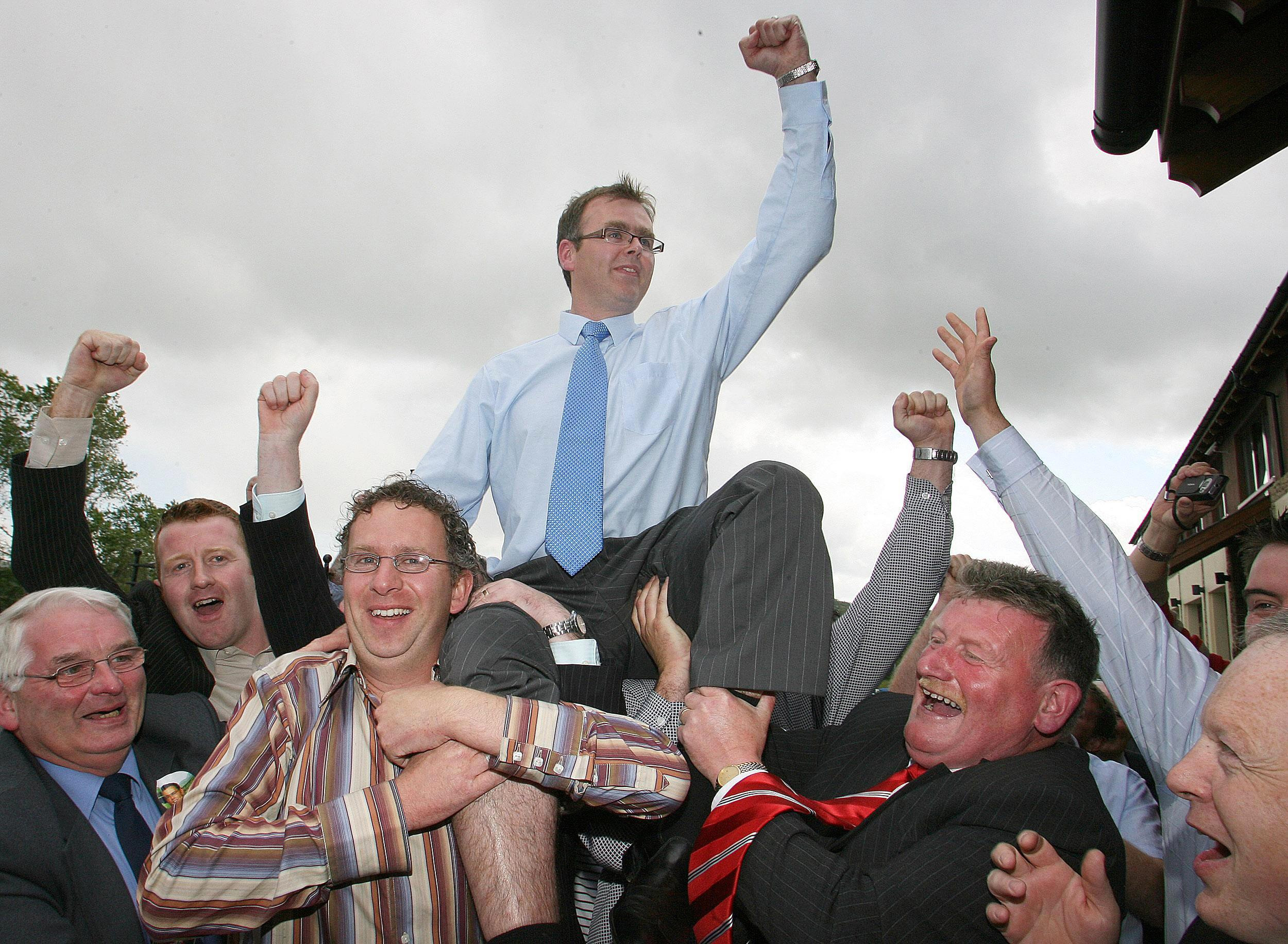The Irish Government and University College Dublin have bowed to criticism and have both said they will now be represented at Sunday’s canonisation ceremony of Blessed John Henry Newman in Rome.
The Irish Ambassador to the Holy See, Derek Hannon, will represent the Irish State and the Minister for Education, Joe McHugh, will represent the Government at the ceremony.
University College Dublin’s volte face followed the Government decision to send Minister McHugh to Rome.
In a statement, the university said that in light of the Government’s decision to send Minister McHugh: “UCD will be represented by Vice-President, Professor Orla Feely.”
Earlier this week, a UCD spokeswoman told The Irish Times: “Although John Henry is the founding rector of our antecedent, the Catholic University, we have been a secular university since 1908 and consequently are not invited in a formal capacity.” She indicated that there would be an informal UCD presence at the ceremony.
However, news of the proposed absence of a Government representative and an official UCD representative was criticised by a number of politicians and retired UCD academics particularly in view of the fact that Prince Charles will represent the British State and will be joined in Rome by a number of British MPs for the occasion.
Retired staff from UCD quickly made their unease over the university’s stance known. Desmond Swan, Emeritus Professor of Education at UCD, in a letter to the Irish Times wrote: “If it is true that my own university should decide not to send a representative to Cardinal John Henry Newman’s canonisation ceremony, I would consider this ungenerous. He is, after all, our ‘sine qua non’. Indeed, university education worldwide acknowledges its debt to his generous scholarship.”
A former registrar at UCD, Professor John Kelly also criticised the university describing its decision as “extraordinarily narrow-minded in not recognising this great honour that its being awarded to its founder, with the excuse that as a non-sectarian university, it would be inappropriate that it should.”
He continued: "This attitude will both puzzle and reflect badly on it across the international university world.”
Former Taoiseach, John Bruton, told the Irish Catholic Newspaper: “My understanding is that the university founded by John Henry Newman evolved into UCD, and this was sort of underlined by the passage of the National University of Ireland legislation in 1908.”
John Henry Newman came to Dublin in 1854 as the inaugural rector of the Catholic University of Ireland, which subsequently became UCD. He held the role of rector until 1858.
The famed convert to Catholicism presented five lectures to a Dublin audience in defence of liberal education. They were published under the title: "Discourses on the Scope and Nature of University Education: Addressed to the Catholics of Dublin". A second book, "The Idea of a University", expanded on the themes of the first.
On Friday afternoon, Archbishop Diarmuid Martin of Dublin delivered an address on: "The Relevance of Cardinal John Henry Newman in Ireland Today" at the Pontifical Irish College in Rome.
The event was organised in conjunction with the Irish Embassy to the Holy See as part of the celebrations for Newman’s canonisation.
In his address, the Archbishop said: “Newman’s links with Dublin form an important part of his legacy. The canonisation of Newman is an opportunity for me as Archbishop of Dublin and for the Catholic community in Dublin, to reflect not only on the presence and the work of Newman in Dublin in the nineteenth century, but also on the lessons which we must learn for Irish Catholicism and Irish society today from Newman’s thought and activity.”
Archbishop Martin noted: “Newman hoped that the Catholic University would cultivate a more vibrant Catholic culture in the emerging place to which Catholics aspired in Irish society after [catholic] Emancipation.”
Highlighting how Newman's "Idea of a University" emphasised the value of a liberal education and of a liberal education for Catholics, Dr Martin quoted from the Catholic university Gazette of 9 February 1855, in which Newman is said: “One of the greatest disasters of modern times is the separation between religion and science, and the perfection of knowledge is a combination of both …which makes men not only educated but good Christians.”
Archbishop Martin said one of the negative results that flowed from the failure of the Catholic University is that the teaching of theology became restricted to the training of priests in several independent seminaries.



 Loading ...
Loading ...